|
|
|
|
After a century of being confined to the pages of science fiction books and then to advanced computer labs, artificial intelligence (AI) suddenly became a household term last year. Whether we like it or not, we all know something about AI – especially the generative kind, the slew of online tools and apps people can use to make fantastical pictures or write boring work reports.
AI was once again on everyone’s lips this week, after Channel Nine blamed an unfortunate photo edit on an AI tool in Adobe Photoshop. The new image gave Victorian MP Georgie Purcell a fake crop top that altered her chest and exposed her midriff, a blatant deviation from the original in which she wore a sundress.
Nine was swiftly called out by Purcell and by other media outlets around the nation. Just as swiftly, the “AI excuse” was found to be hollow. As media expert T.J. Thomson beautifully demonstrates in his article, Photoshop does indeed have tools that can change someone’s clothing at the click of a button. But it can’t do so without a human doing the work and selecting the results.
The debacle highlights a deeper issue as we collectively navigate the new AI waters. News media are grappling with whether to use these tools – and how to do so in a way that helps, rather than hinders, the dissemination of truthful, reliable information.
The answers haven’t crystallised yet, but Thomson’s research indicates journalists around the world are actively working to figure this out.
This week also saw AI in the news around the social media sharing of sexually explicit “deepfakes” of Taylor Swift. As Nicola Henry and Alice Witt write, many celebrities have been victims of deepfake pornography, but AI tools now mean anyone can be a target – and it is disproportionately women and gender-diverse people who find themselves on the receiving end of this abuse.
To combat it, write Nicola and Alice, we need new laws, more proactive technology companies, and better media literacy education. And we need to address the systemic ways women and gender-diverse people are still targeted in our society.
|

|
Signe Dean
Science + Technology Editor
|
|
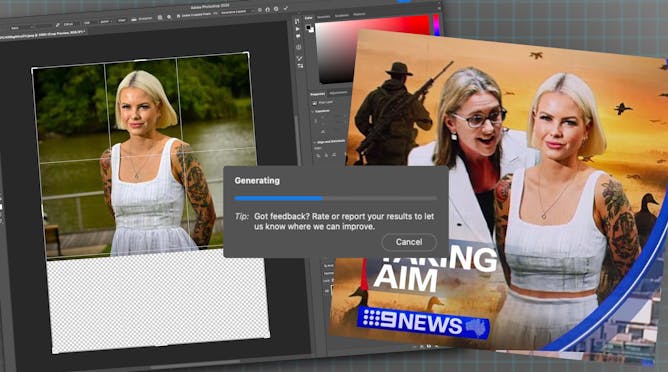
T.J. Thomson, RMIT University
Generative AI is everywhere, including licensed software tools that news media use for their work. Everyone needs to learn more about these features, their risks and benefits.
|
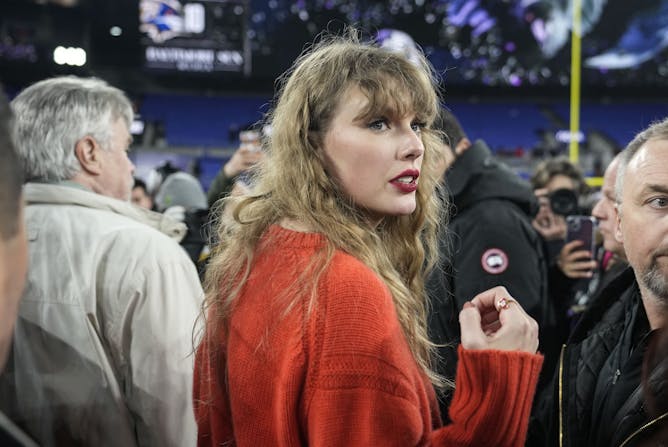
Nicola Henry, RMIT University; Alice Witt, RMIT University
There’s nothing surprising about the fake explicit images going viral. It happens to women celebrities frequently – but anyone can be targeted.
|
Best reads this week
|

Hugh Breakey, Griffith University
How can violence be viewed as ethical? Carlo Bordoni’s new book helps us understand why societies go to war and how they justify it.
|

Ian Parmeter, Australian National University
The US maintains a two-state solution is still possible, but Israel’s leader – and a majority of its people – disagree.
|

Joshua Shanes, College of Charleston
In recent years, the relationship between antisemitism and anti-Zionism has taken on renewed importance and competing definitions of antisemitism have emerged. What is antisemitism?
|

Sarah Mokrzycki, Victoria University
The owner of Robinsons Bookshop has listed several kinds of books ‘missing’ from its shelves, including ‘kids picture books with just white kids on the cover’.
|
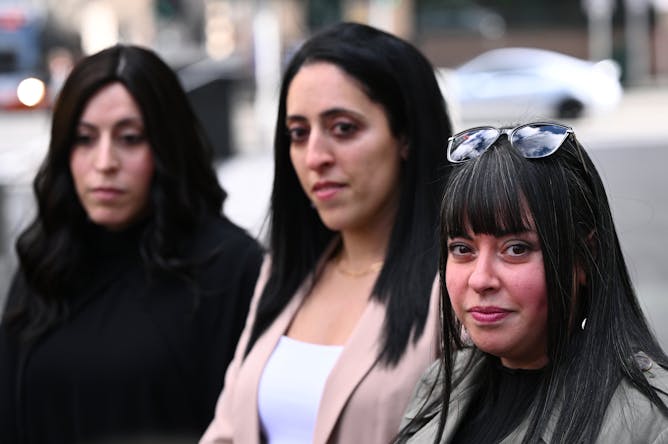
Joanna Mendelssohn, The University of Melbourne
Dassi Erlich details the crime, the cover-up and her eventual victory in court against Malka Leifer, the former school principal who abused her.
|
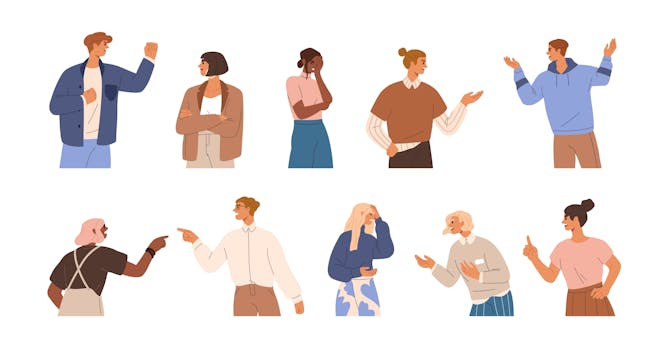
Marina Deller, Flinders University
Call them pet peeves, call them petty grievances, one thing is certain – complaining about everyday irritations feels cathartic. It’s also the premise of American comedy podcast I’ve Had It.
|
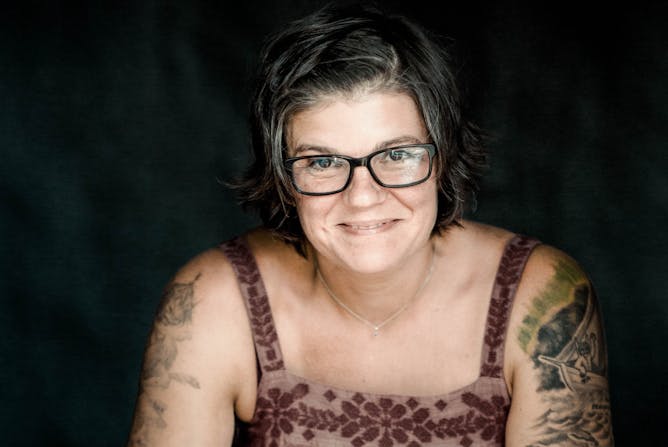
Amber Gwynne, The University of Queensland
Stephanie Land’s sequel to her mega-successful debut memoir Maid works as hard as she does – but while its details of low-income single-parent life as a student are valuable, it suffers by comparison.
|
Podcasts
|
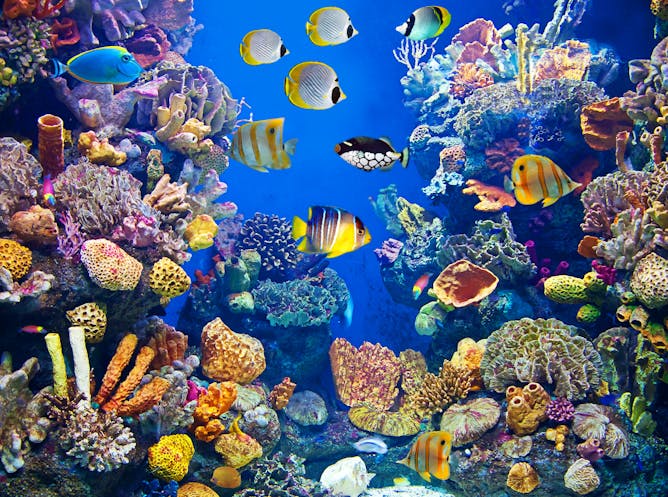
It’s not easy to create a list of all life on Earth.
Ingrid Prats via Shutterstock
Gemma Ware, The Conversation
Stephen Garnett takes us inside a scientific spat about how to govern the naming of new species. Listen to The Conversation Weekly podcast.
|
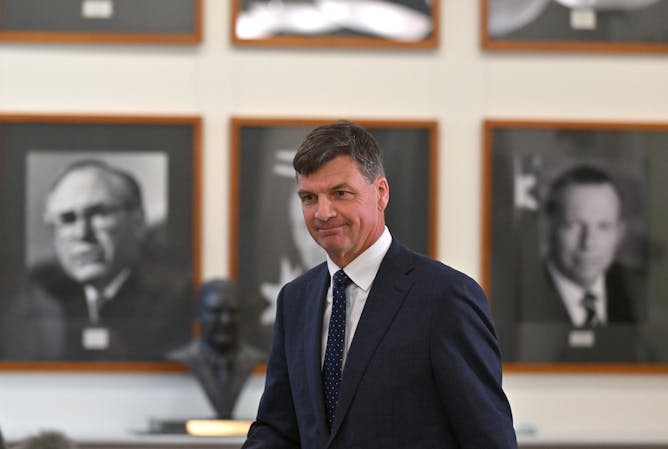
MICK TSIKAS/AAP
Michelle Grattan, University of Canberra
In our first podcast of 2024, Shadow Treasurer Angus Taylor discusses the tax broken promise, where the economy is heading, falling inflation, and more.
|
Our most-read article this week
|
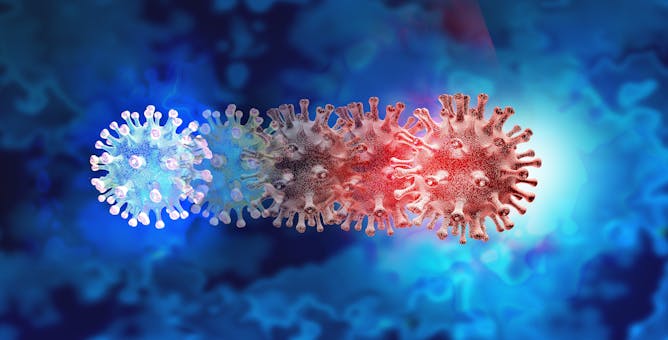
Suman Majumdar, Burnet Institute; Brendan Crabb, Burnet Institute; Emma Pakula, Burnet Institute; Stuart Turville, UNSW Sydney
The JN.1 variant has become dominant in Australia and around the world, causing large waves of infections. Here’s what we know about it so far – and why it’s so important.
|
In case you missed this week's big stories
|
-
Michelle Grattan, University of Canberra
Anthony Albanese might not be Labor’s strongest policy innovator but as a tactician, he’s as shrewd as they come.
-
Donald Rothwell, Australian National University
Much greater emphasis will need to be taken to distinguish between targeting combatants and civilians, and additional measures of precaution will need to be taken to avoid civilian casualties.
-
Susan Carland, Monash University
Language has been dubbed “the covert operations of war”, such is the power it holds in shaping public opinion. Here’s what we found about the way Australian media has been framing the conflict.
-
Dov Waxman, University of California, Los Angeles
A scholar of Israeli politics explains why Israelis are increasingly turning against Netanyahu and his promise that Israel can quickly defeat Hamas and bring Israeli hostages home.
-
Stephen Duckett, The University of Melbourne
The health care world has changed a lot in 40 years, but Medicare hasn’t. Here are three areas for radical forms to the system that will achieve its aims of universal health care for all Australians.
-
Paul Moon, Auckland University of Technology
Decades of Treaty scholarship have failed to arrive at a consensus about its meaning and purpose. Dispensing with various mistaken interpretations would improve the chances of productive discussion.
-
Brendan Coates, Grattan Institute; Trent Wiltshire, Grattan Institute
Australia needs more housing and is getting more migrants. But we need more of those migrants to be able to help build those houses.
-
Adam Simpson, University of South Australia; Nicholas Farrelly, University of Tasmania
The military has suffered huge defeats on the battlefield, which might lead junta leaders to be more open to a political compromise.
-
Rob Manwaring, Flinders University
After years of tumult in the ruling Conservative party, Labour looks set to take office. But it is no sure bet, and could be off the back of a large scale disaffection from the wider public.
-
Prudence Flowers, Flinders University
Democrats now have an issue to mobilise voters. For Republicans, however, it’s more complicated.
-
John Hawkins, University of Canberra
On one measure the latest inflation rate is just 3.4%, within spitting distance of the Reserve Bank’s 2–3% target.
-
Jane Chalmers, University of South Australia; Amelia Mardon, University of South Australia
Women are disproportionately affected by pain in terms of how common it is and sensitivity, but also in how their pain is viewed, treated, and even researched.
-
Ruby Ekkel, Australian National University
A century ago, millions of koalas were killed for their fur. The backlash was fierce.
-
Ari Mattes, University of Notre Dame Australia
Though 2024 once again proffers a mind-numbing number of sequels, thankfully there seem to be fewer superhero films than usual on the cards.
|
|
| |
|
|
|
Edith Cowan University | Navitas Pty Ltd
Sri Lanka
•
Full Time
|

|
|
University of Tasmania
Hobart TAS, Australia
•
Full Time
|

|
|
|
|
| |
| |
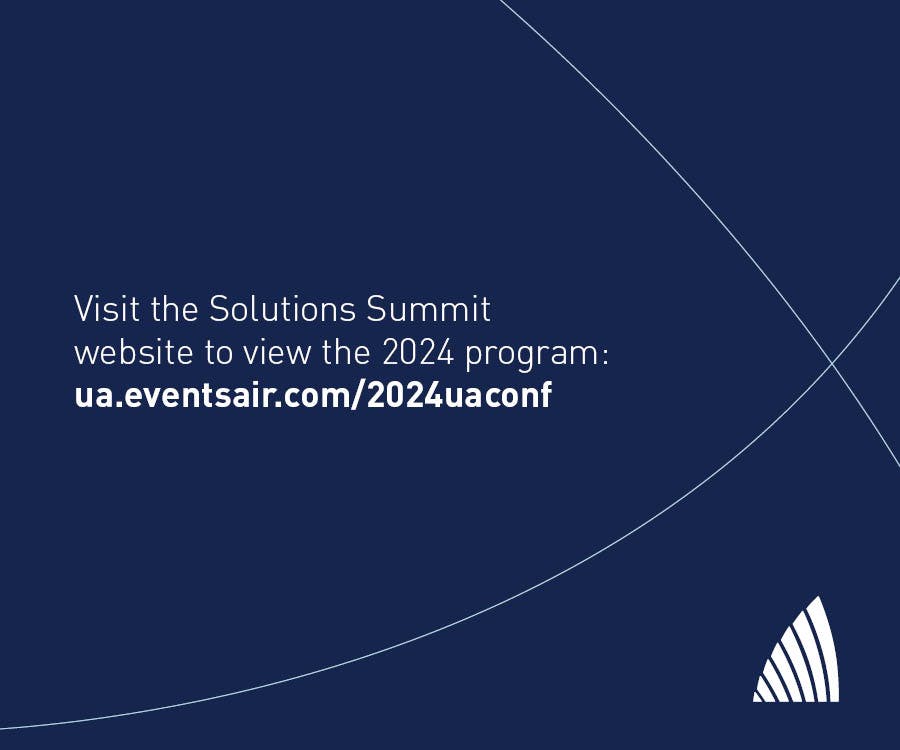
|
| |
| |
| |
Featured Events, Courses & Podcasts
|
View all
|
|
1 January 2023 - 7 October 2026
•
|

|
1 February 2023 - 25 November 2029
•
|
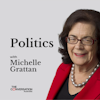
|
4 March - 13 May 2024
•
Clayton
|

|
|
|

|
|
|
|
| |
| |
| |
| |
| |
|
|
|
|
|
|
|